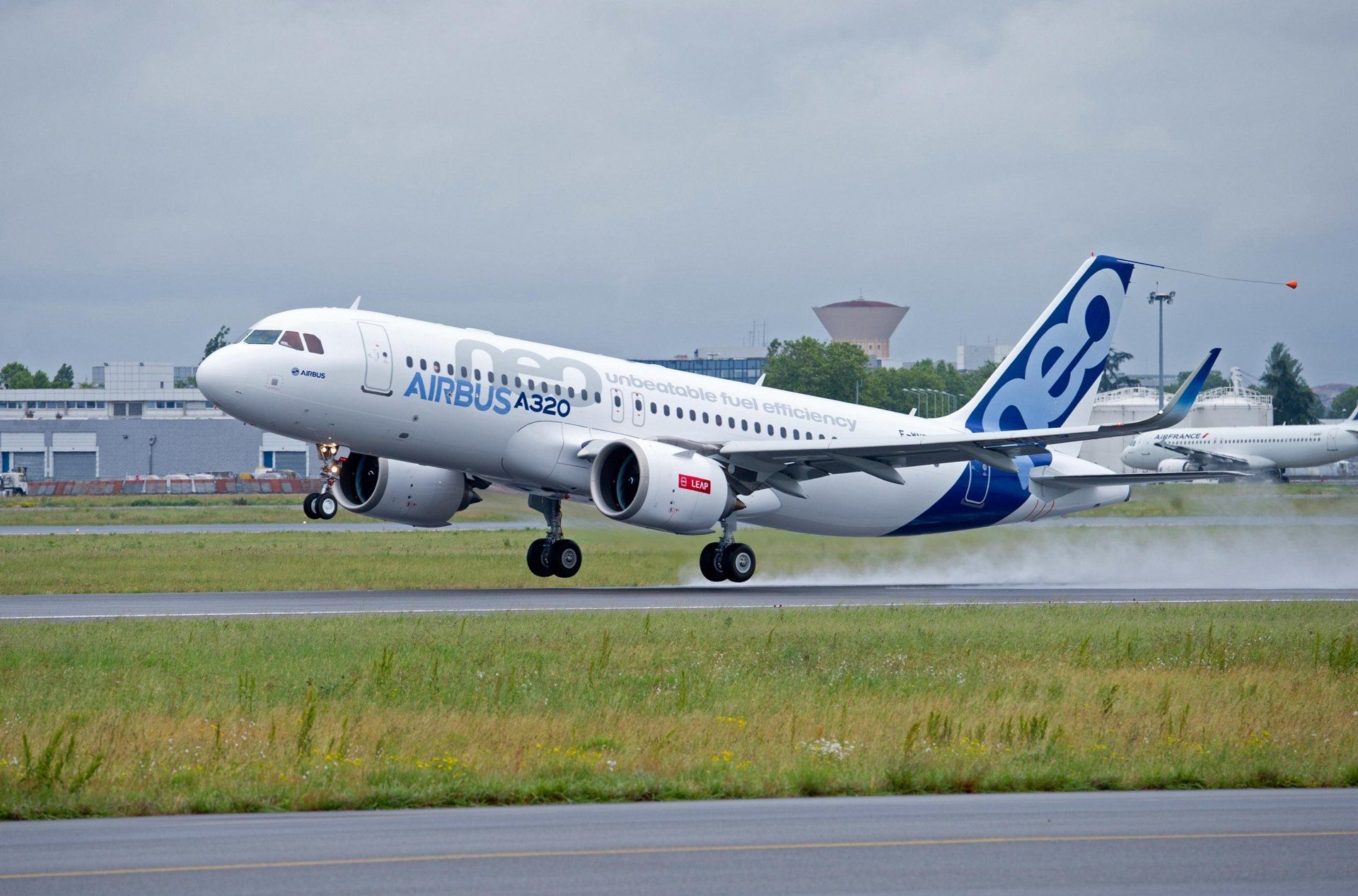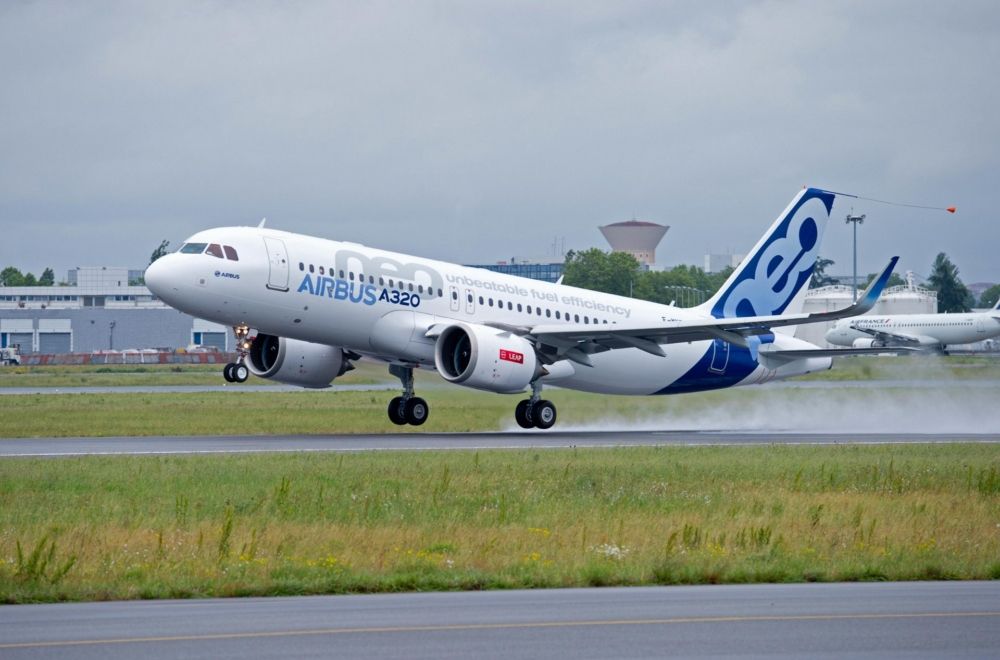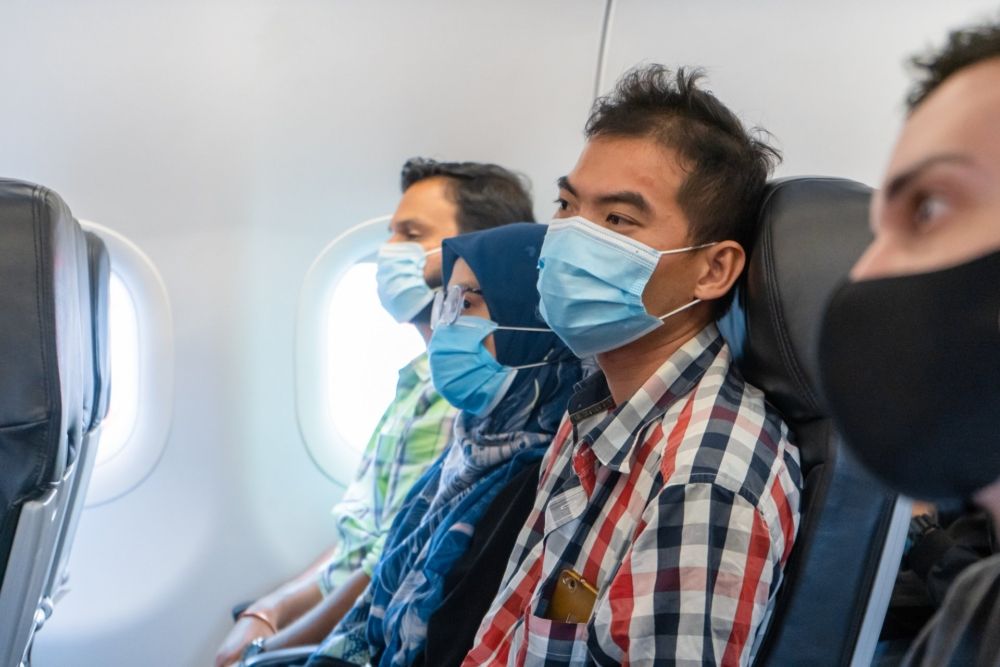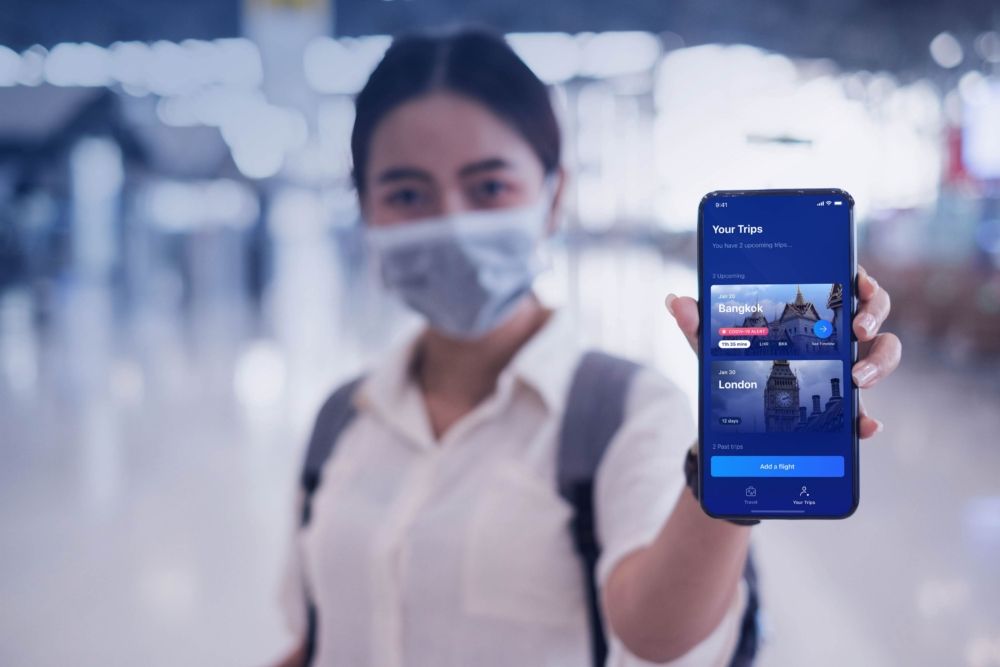Air travel is starting to open up again, with passenger numbers heading in the right direction in several countries. However, several passengers are undoubtedly still concerned about flying again. Nonetheless, during the MAKS-2021 airshow in Moscow, Russia, which Simple Flying attended last week, Airbus EVP, Head of Region & Sales Europe Wouter Van Wersch, shared that traveling by air remains very safe.
Finding the right approach
Governments across the globe have been introducing measures such as testing, quarantine, vaccine recording, and location sharing in a bid to ensure travelers aren’t spreading coronavirus variants. There needs to be a balance to this approach, and Airbus affirms that travel risk can be mitigated to an acceptable level by choosing the right screening strategy. Altogether, the main concern is not surrounding the actual time in the plane.
“Restarting of travel is very important, and it can be done in a very safe manner, as we are showing and seeing,” Van Wersch shared in a presentation at MAKS-2021.
“The aircraft travel environment is is not actually a problem for infection spreading. There is no proof of any clusters happening in the aircraft. It's a very safe place.”
A key factor that Airbus is focusing on when it comes to safety in the cabin is what it calls “clean air, by design.” Here, the company highlights that hospital-grade HEPA air filters remove more than 99.9% of particles in the air. Air is fully renewed every two to three minutes, giving passengers a constant injection of fresh air. Moreover, top-to-bottom flows limit air mixing between rows, and the backs of seats act as additional barriers.
Stay informed: Sign up for our daily and weekly aviation news digests.
Covering all angles
There are undoubtedly factors to consider throughout the passenger journey, such as the spreading of the virus between countries, even if it wasn’t passed on when on board an aircraft. Van Wersch added that when it comes to this broader aspect, risks can be mitigated through taking wide screening measures, along with the implementation of tools that Airbus has backed.
An initiative that Airbus has launched in this field is Tripset, which was announced in March. This mobile app offers aircraft, airport, and airline agnostic information. It also addresses two primary needs of the flying public, which are consolidated information and peace of mind when traveling during the pandemic.
Collaboration is key
Overall, Airbus states that air transport-related health risks can be taken on in a similar fashion as aircraft safety. It expresses that risks can be reduced by laying and overlapping numerous preventative and proactive measures that support regulations implemented by authorities. Altogether, the company concludes that the aviation industry has the ability to restrict virus translocation in collaboration with all stakeholders in the scene.
What are your thoughts about Airbus’ faith in the aviation industry to handle the pressures of the pandemic to offer safe travel? What do you make of the efforts within the market? Let us know what you think of the situation in the comment section.




